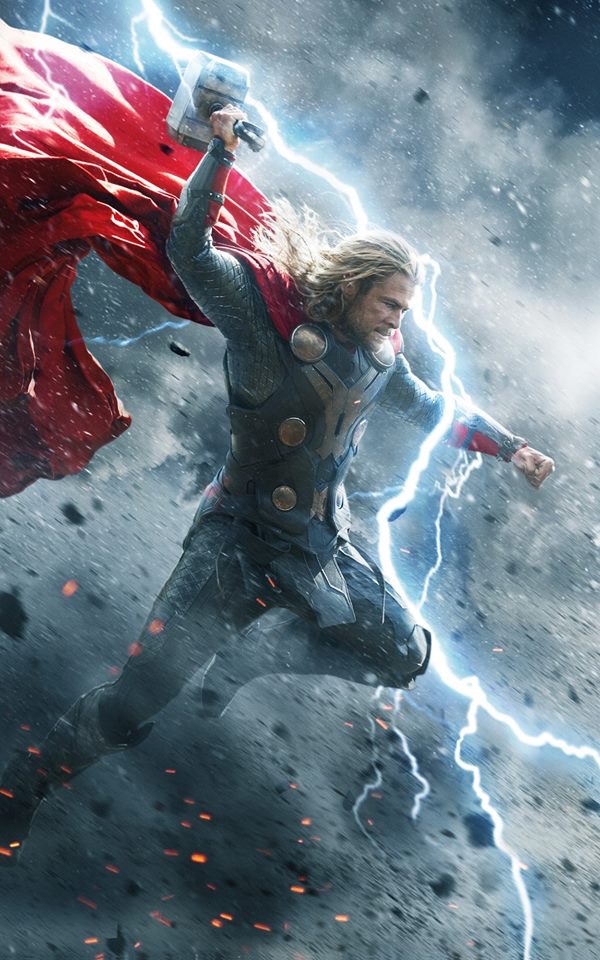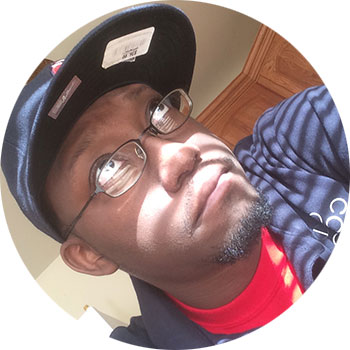
03 Nov Nerdy for Thirty #29: Thor: The Dark World
THOR: THE DARK WORLD
dir. Alan Taylor, starring Chris Hemsworth, Natalie Portman, Tom Hiddleston, and Christopher Eccleston
Thor: The Dark World, the second film in the series featuring the God of Thunder, sees the Asgardian prince battle to set right the mess of the nine realms Loki has created with his penchant for lawlessness. To add to it, the timing is just right for Malakeith the Dark Elf to take hold of the Aether, aka the Reality Stone, in order to bring about the destruction of the realms. Thor must reluctantly team with Loki, re-team with his romantic flame astrophysicist Jane Foster, and Erik Selvig to stop Malakeith from ending everything.
Thor: The Dark World isn’t a good movie. For all its ambitions, the film’s execution falls short of the MCU’s usual standards. Unfortunately, the highs of the blockbuster Avengers film would be somewhat toppled by the lows of the back-to-back combination of a lackluster Iron Man 3 and Thor: The Dark World. Based off the weakest script legendary MCU writers Christopher Markus and Stephen McFeely (with contributions from comic book writer Chrisopher Yost) have produced to date, The Dark World is a lackluster, uninspired film that retreads old ground from the first movie and fails to further develop its characters. While Thor is less hotheaded in this film, Loki is still his sly, trickster self, Jane Foster continues to be Jane Foster, and the All-Father continues to deliver Asgardian backstory through info dumps. The action, as directed by first time big budget director Alan Taylor, is passable but ultimately forgettable in the overall compendium of the cinematic universe. In short, Thor: The Dark world is lowly ranked on most MCU lists due to its subpar story, weak writing of said story, lackluster acting, inexperienced directing, and the ever-present Phase 2 mandate to set up the Infinity Saga. Spanning 30 movies, the Marvel Cinematic Universe has a surprisingly good track record, but The Dark World is perhaps the darkest blemish on its resume.
Starring Chris Hemsworth, The Dark World shows the beefy Australian back in his Norse getup following the smash hit Avengers movie the year prior. Here in this movie, Hemsworth seems content to coast and move through the story beats as they happen. This is likely due mostly in part to the underbaked script for The Dark World; Hemsworth had scant little material to work with. Nowhere near approaching a scene as emotion as Thor’s conversation with Rocket in Avengers: Infinity War, The Dark World instead gives him another forced romance with Jane Foster as the lack of chemistry between Hemsworth and Portman continued to be one of the glaring weaknesses. In short, Hemsworth’s performance is subpar at worst and serviceable at best.
The aforementioned Natalie Portman also returns, albeit reluctantly, to the film. After unsuccessfully campaigning for a female director (a feat that would take the MCU another six years in part and eight years in full), Portman fulfilled her contractual obligations with The Mouse by turning in a less than stellar performance (which was par for the course with the entire cast). An Academy Award winning actress, Portman is capable of magic when given the right material; it’s unfortunate that the material served no one in the making of this movie. For her part, Portman hits her marks, delivers her lines, and moved on to better quality material.
Chris Eccelston makes his MCU appearance as Malakeith the Dark Elf. Known in Marvel Comics as an antagonist with a gleeful joy of chaos and malevolence, it’s Eccelston’s adaptation that may be the most glaring instance of a writer not being familiar with the source material. Here Malakeith is grim, joyless as he attempts to bring the nine realms into utter ruin so he can lord over its ashes. What could’ve been great character work is hampered by tons of prosthetics and Eccleston’s dour portrayal of the usually spirited villain. It bears repeating one final time that the material failed every working actor on this set, rendering one as celebrated as a former Doctor useless.
Directed by Alan Taylor in his first large scale feature film, Thor: The Dark World suffers many a fault, not all of which he’s responsible for. At its base, the movie suffers from an interesting premise, hamstrung by a bland script from writers and Markus and McFeely and uninspired direction from Taylor. It’s a surprise to find that the writers of some of the most lauded films in the saga (The Winter Soldier, Civil War, Infinity War, and Endgame) also managed to produce this banality that perishes on arrival. For Taylor’s part, his ho-hum direction doesn’t help things; with such a milquetoast script some of the onus falls on Taylor to add some spice with snappy editing or visual flair, but what get instead is a run-of-the-mill, standard affair that does little to inspire love for the characters. The one thing that carries the movie is Brian Tyler’s score, struggling to keep the movie afloat.
Overall, it’s generally agreed upon that Thor: The Dark World is one of the MCU’s worst films to date. Made slightly better in retrospect by the likes of Avengers: Endgame and the Loki television series, the film still suffers from poor humor, a plodding pace, a lack of chemistry between the leads, and a forgettable villain. Between this and Iron Man 3, Phase 2 of the MCU was off to a rocky start, which would thankfully be saved by the next film: Captain America: The Winter Soldier. A poor outing for Thor, a poor showing for the Thor franchise, and an overall dent in quality of the MCU as a conglomeration, Thor: The Dark World was truly one of the MCU’s darkest hours.
Review by Darryl Mansel


No Comments